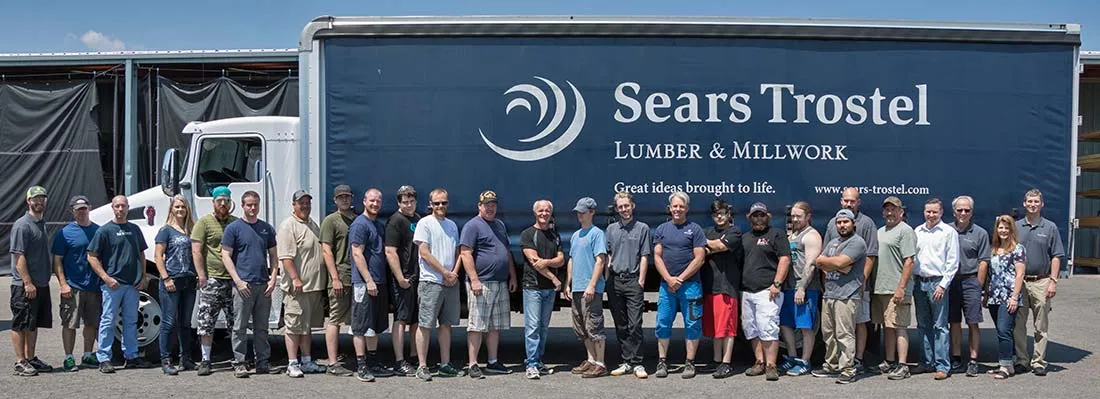Table of Contents
Sales is not an intellectual endeavor. All of my students have more than enough intelligence to do their job. The reason some do better, faster than others is because they conquer their fears faster. What are the “fears” that hold salespeople back?
Fear of Being Too Pushy
The first exercise I do with every team I work with is to make two columns. I title one “Negatives” and the other “Positives.” Above the two columns I write “Salespeople Are:.” Ninety-five percent of the time the number one response in the negative column is “Pushy.” Why do I do this exercise first? Because the fear of being pushy is the number one problem of struggling sellers!
Because these sellers are so afraid of being pushy, they pull their punches at every stage of the sales process and get treated badly because of it. They are not proud of what they do, and it shows. More than showing it, the customers can FEEL it. If we walk and talk like second class citizens, the world—our customers—will treat us that way! It’s easy to say no to someone who doesn’t believe in themselves.
We do not need to be pushy to be great salespeople. We need to be persistent and consistent when contacting customers and potential customers. We need to understand our value proposition and be able to stand up for it (push?) throughout the sales process. A great customer of mine, Sven Melbo, says, “You have to have a backbone to be a good salesperson.” I couldn’t agree more. Sales is a mirror. If we will not stand up for ourselves and our product, our customers won’t either.
I’m Sorry to Bother You But
We interrupt people’s lives. Especially when we are looking for new business. They are not expecting our call. We don’t have an appointment. But we call or show up anyway. Many sellers talk and carry themselves like an intruder, and thus are treated like an intruder. Master Sellers are there to help. They know they bring value. They act as if people will be glad to talk with them and in most cases, get treated that way.
Fear of the No
We didn’t like NO at 2 years old, at 10, or at 15. We still don’t like it. It’s natural. But as professional salespeople we need to train ourselves to LOVE the NO. We need to expect it and be comfortable with it. Our job doesn’t really start until the customer says no.
Because sellers are afraid of the NO, they don’t ask for the order. Ninety percent of the salespeople you will compete against today do not ask for the order. The problem is that presenting product and letting the customer decide without asking for the order works. Fearful salespeople get orders all the time just four times less than the Master Sellers around them (think yearly income 50K vs. 200K). When we don’t ask for the business, we send the message that we don’t want it and we don’t think we deserve it.
Fear of Success
I have students that have hated “The Man” for so long they don’t want to be “The Man” or “The Woman.” Change is stressful. Even if the change is making more money. I’ve had several students who, as they became more successful as salespeople had frictions in their relationships. One in particular had financial problems for years pursuing a noble career helping others. He then became a very successful salesperson, which gave him more confidence, which in turn changed the dynamics of his relationship with his wife. She wanted him to go back to being financially strapped! They worked it out, but these kinds of things happen.
Fear of Failure
“Scared money doesn’t win” nor does it sell. Sales is a transfer of emotion. Salespeople that are afraid to lose make customers uncomfortable. It’s like a bad comedian. All we want them to do is stop and get off the stage. Salespeople who are afraid of losing lose more often because of it.
We need to be unrealistic in our heads and our hearts. We need to convince ourselves—before we call—that everyone will want to do business with us. We need to be “positively, naively assumptive.”
Conquering our sales fears is enjoyable and profitable.









